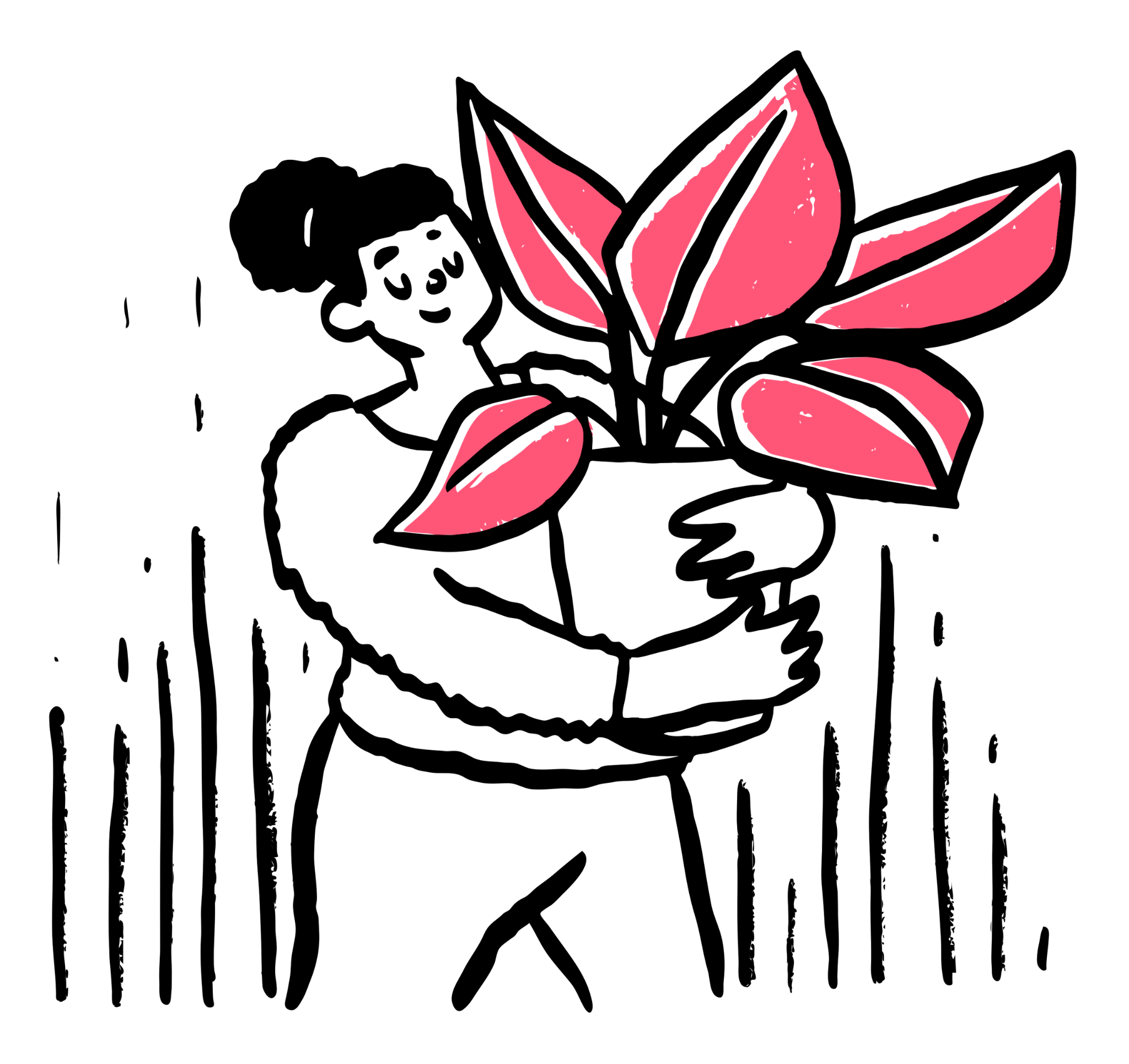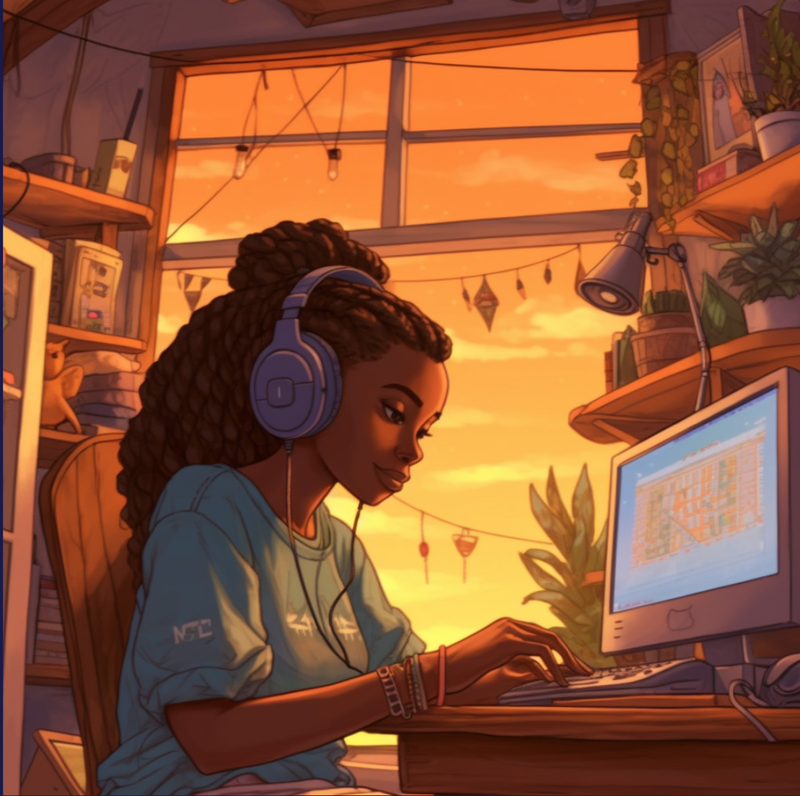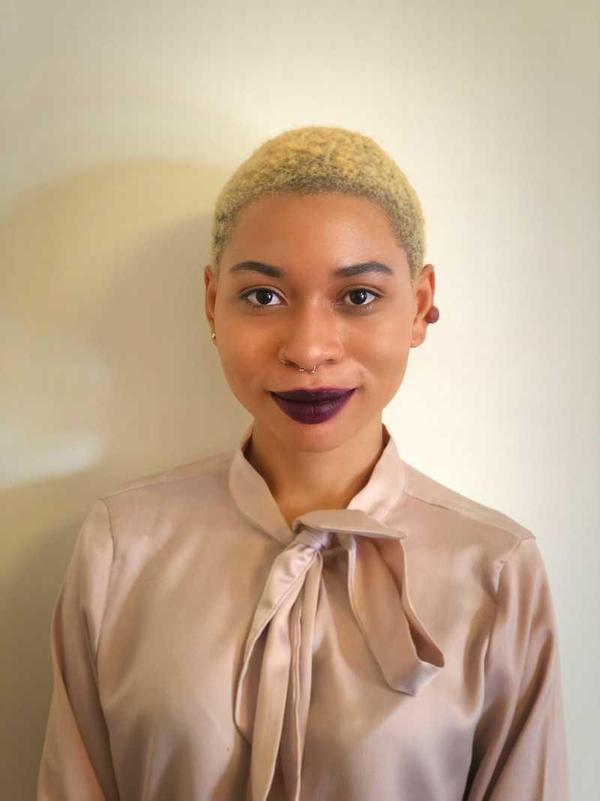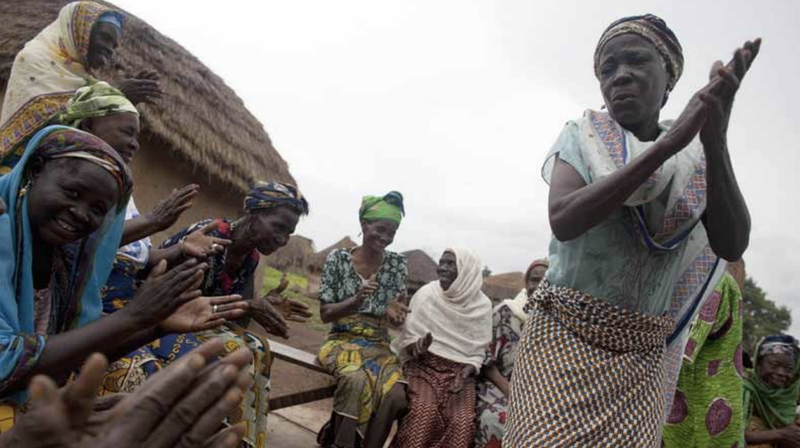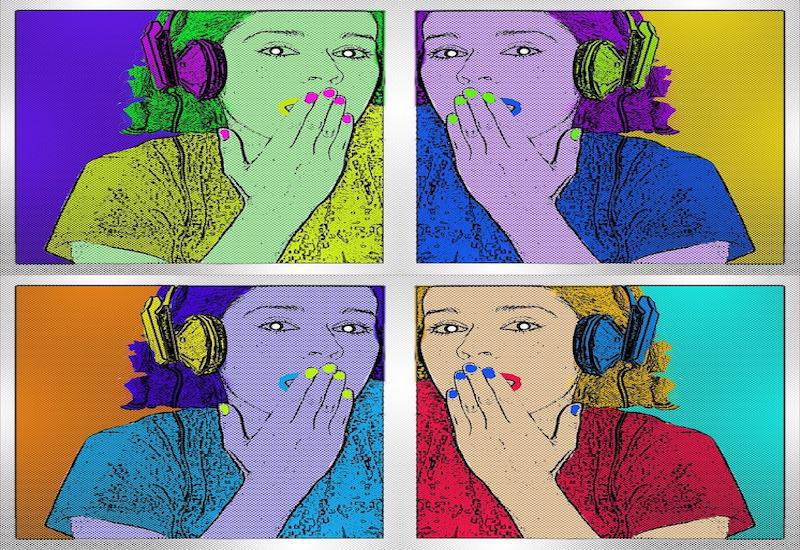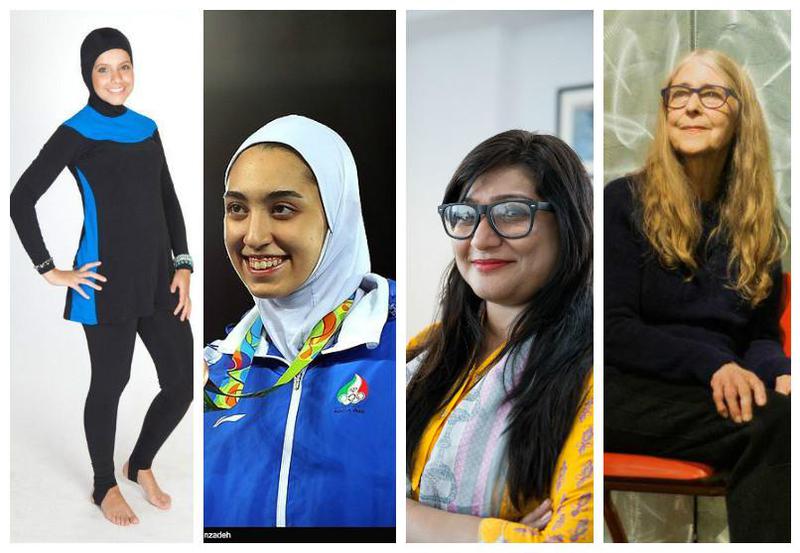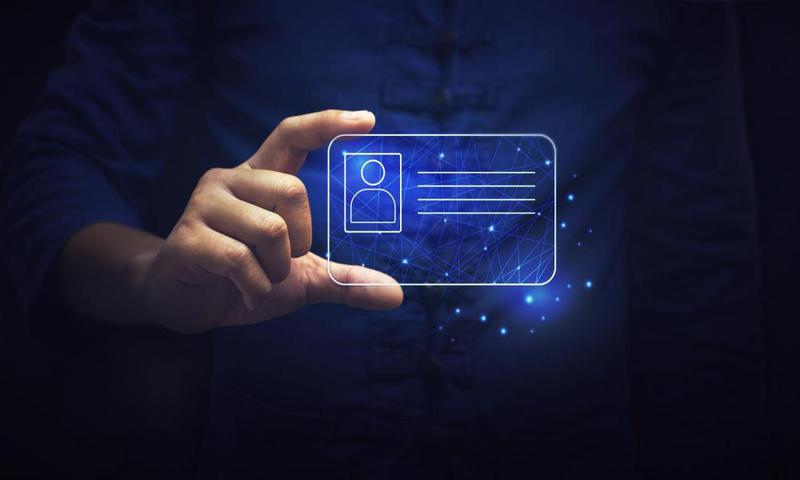

I am a digital sociologist, researcher and community movement builder whose work investigates the implications of technology-facilitated surveillance and datafied societies on minoritized communities in the global South. I have a masters in Sociology from the University of the Witwatersrand. My work examines participatory and open approaches needed to imagine, design justice and inclusive societies. I ground my work in practices of care, community and sustainability, while creating frameworks that wrangles the difficulties of moving theory to practise.
I have extensive experience researching digital labour, gender and cybersecurity, surveillance, counterpublics and digital identities. I have worked with various power houses to develop courses, lead and support research projects , community building, and design responsible technologies for cities.
As a movement builder, my goal is to design and facilitate sustainable and collaborative communities that work on improving challenges and issues at the intersection of technology, society and people.
